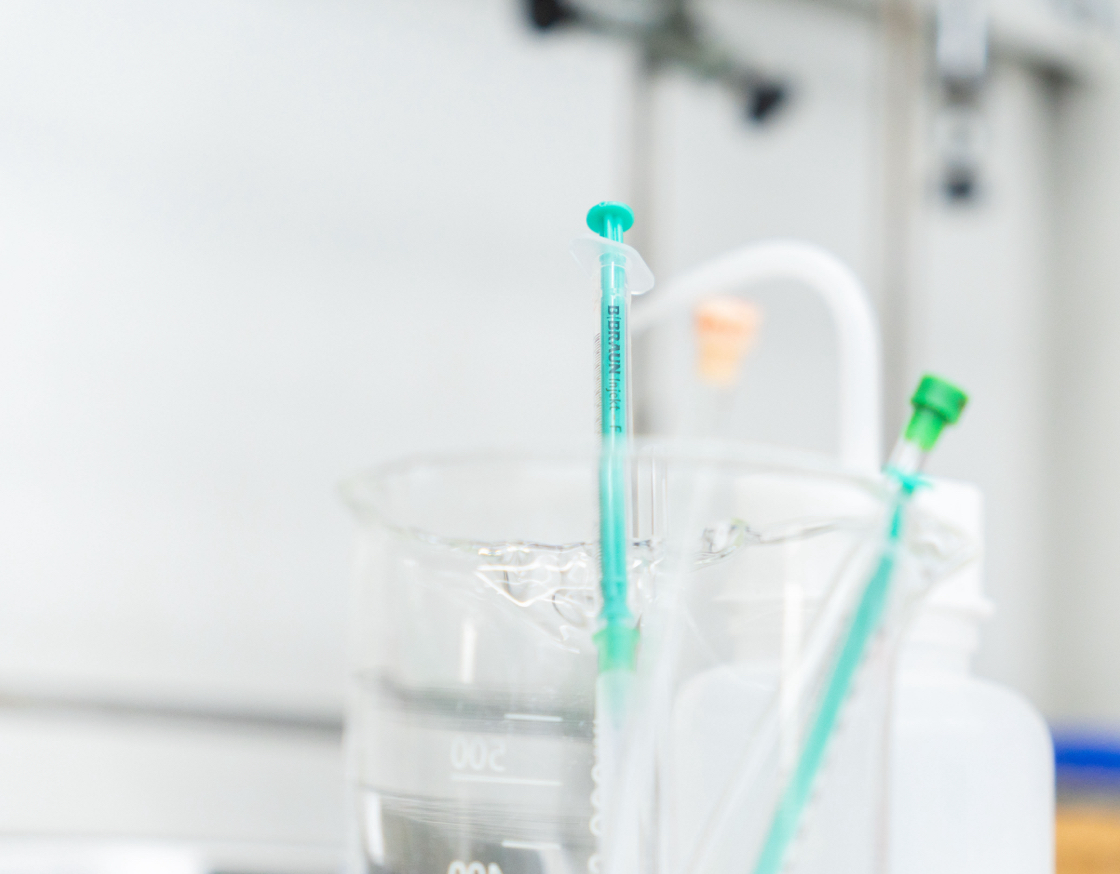AI-KINETIC
Artificial intelligence for kinetic analysis and mechanistic studies of catalytic organic reactions
Project description
Understanding the underlying mechanisms of chemical reactions is crucial for designing processes that are not only more efficient but also more sustainable. Getting mechanistic information typically involves conducting detailed kinetic analyses. The first kinetic analyses were developed more than a century ago and have evolved hand in hand with technological advancements, adopting new tools and technologies. Today, it is time to adopt artificial intelligence.
Artificial intelligence is revolutionizing all aspects of society, including science. In chemistry, artificial intelligence has already solved several historic grand challenges such as the design of synthetic routes and the prediction of 3D structures of proteins from their amino acid sequences. Recently, artificial intelligence has also provided impressive advances in the optimization of reactions and new methods for the solution of the Schrodinger equation. However, the use of artificial intelligence in many areas related to catalysis remains largely untapped. This project plans to apply artificial intelligence to revolutionize the mechanistic studies of catalytic reactions.
The project builds upon a proof-of-concept article where it demonstrates that capability of deep neural networks to elucidate reaction mechanisms from kinetic data. The model is able to deal satisfactorily with noisy concentration temporal profiles with just a few data points. Its potential was demonstrated by analyzing several published reaction profiles, which allowed us to unravel new mechanistic information. However, this model considers 20 unimolecular mechanisms, which limits its application in a broader range of chemical reactions.
It will perform expansion of the number of unimolecular reaction mechanisms that the model recognize. It will create a model for catalytic bimolecular reactions, which will cover a larger range of chemical transformations. It will investigate the development of a much more general approach that allows the identification of key mechanistic characteristics of any mechanism, even if it has not been included in the training of the model. Finally, it will showcase the potential of these models in the mechanistic study of specific catalytic reactions by collecting kinetic data and using the extracted information to improve the original catalytic system.
The integration of artificial intelligence into the exploration of reaction mechanisms will expedite the mechanistic studies and enrich the chemical knowledge available to scientists across various sectors including chemistry, pharmaceuticals, agrochemicals, and materials science.

Ayuda CNS2023-144372 financiada por MICIU/AEI/10.13039/501100011033 y por la Unión Europea NextGenerationEU/PRTR
-
Reference: CNS2023-144372
-
Call identifier: CONSOLIDACIÓN INVESTIGADORA - 2023
-
Timeline
01/07/2024 - 30/06/2026
-
ICIQ's Budget
330550 € -
Principal Investigator
Prof. Jordi Burés
-
Financing Agent / Programme
Ministerio de Ciencia, Innovación y Universidades

Let's create a brighter future
Join our team to work with renowned researchers, tackle groundbreaking
projects and contribute to meaningful scientific advancements
















